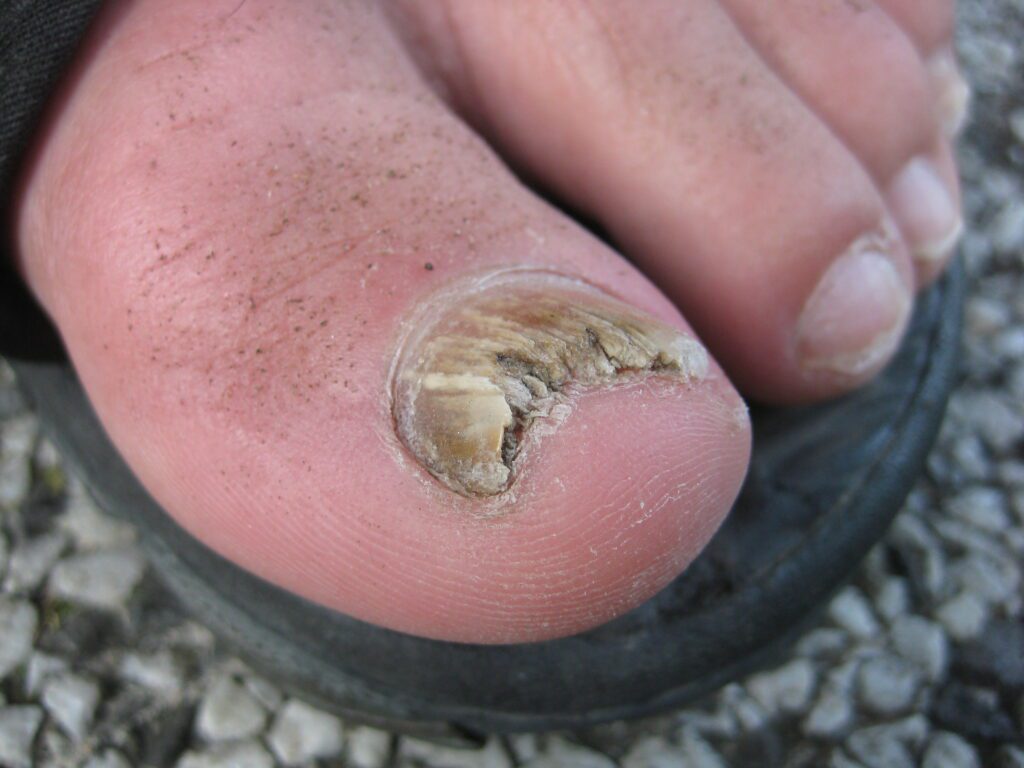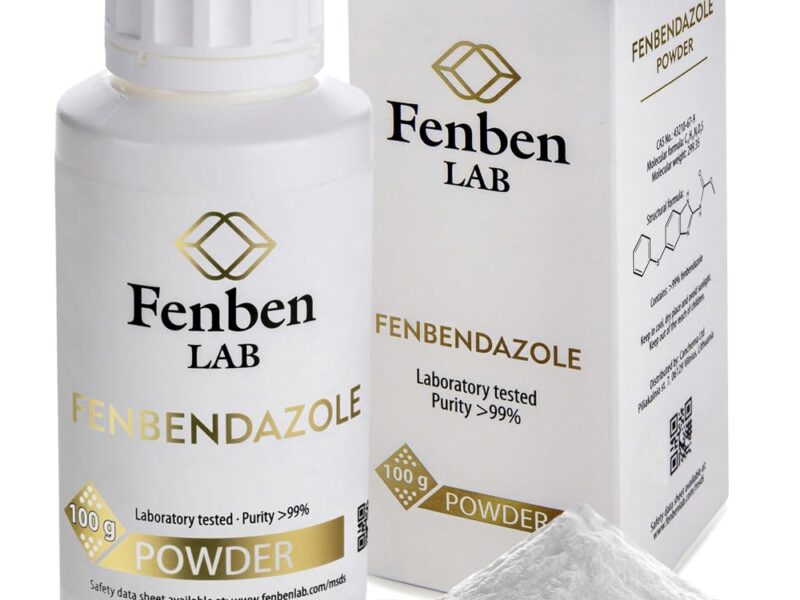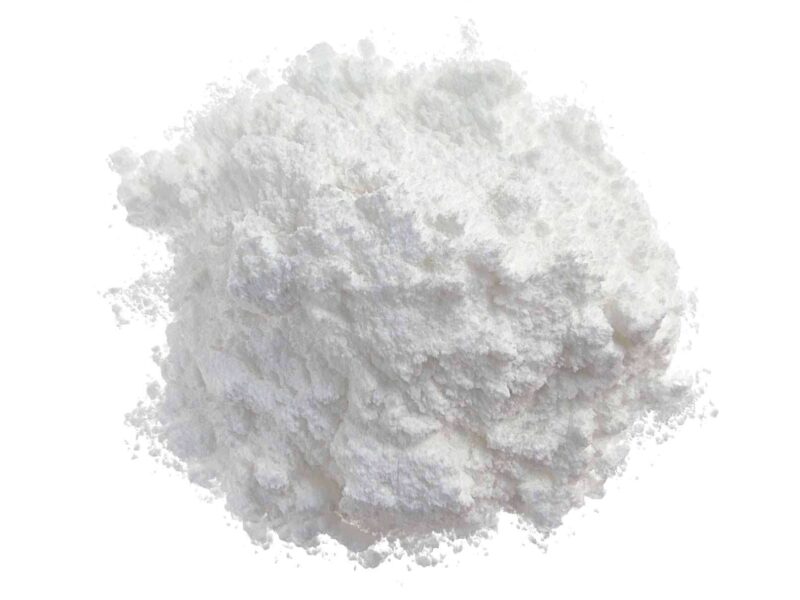Nail fungus, or onychomycosis, is a common condition that causes discoloration, thickening, and separation of the nail from the nail bed. While conventional treatments such as antifungal medications are effective, many people seek natural remedies due to concerns about side effects or preferences for holistic approaches. This article explores various natural products that have been suggested for treating nail fungus.

Understanding Nail Fungus
Nail fungus is primarily caused by dermatophytes, but yeasts and molds can also be responsible. Factors like poor hygiene, prolonged exposure to moisture, and weakened immune systems increase susceptibility.
Popular Natural Remedies
- Tea Tree Oil
- Properties: Antifungal, antibacterial, and anti-inflammatory.
- Application: Apply directly to the affected nail twice daily using a cotton swab. Dilution with a carrier oil like coconut oil is recommended to avoid skin irritation.
- Apple Cider Vinegar
- Properties: Antimicrobial and acidic environment that inhibits fungal growth.
- Application: Soak the affected nails in a mixture of equal parts water and apple cider vinegar for 30 minutes daily.
- Coconut Oil
- Properties: Contains medium-chain fatty acids with antifungal properties.
- Application: Apply a thin layer of coconut oil to the affected nails and surrounding skin three times daily.
- Oregano Oil
- Properties: Contains thymol, a potent antifungal and antibacterial agent.
- Application: Mix a few drops of oregano oil with a carrier oil and apply to the affected nails twice daily.
- Garlic
- Properties: Contains allicin, which has antifungal properties.
- Application: Crush garlic cloves to release the allicin and apply directly to the affected nails. Alternatively, mix garlic oil with white vinegar for a topical treatment.
- Lavender Oil
- Properties: Antifungal and soothing properties.
- Application: Apply a few drops of lavender oil to the affected nails nightly, possibly combined with tea tree oil for enhanced effects.
- Olive Leaf Extract
- Properties: Contains oleuropein, a natural antifungal agent.
- Application: Take olive leaf extract supplements as directed, or apply the extract directly to the nails.
- Vicks VapoRub
- Properties: Contains camphor and eucalyptus oil, both with antifungal properties.
- Application: Apply a small amount to the affected nails daily.
- Epsom Salt
- Properties: Creates a hostile environment for fungi.
- Application: Soak the affected nails in a warm Epsom salt bath for 20 minutes daily.
- Baking Soda
- Properties: Neutralizes the acidic environment that fungi thrive in.
- Application: Make a paste with water and apply to the affected nails, or soak in a baking soda solution.
Tips for Effective Treatment
- Consistency: Natural treatments require consistent application and patience, as results may take several months.
- Hygiene: Maintain good foot and nail hygiene to prevent reinfection. Keep nails trimmed and dry.
- Footwear: Wear breathable shoes and change socks regularly to reduce moisture buildup.
When to Seek Medical Advice
While natural remedies can be effective, severe or persistent cases of nail fungus should be evaluated by a healthcare provider. Prescription treatments may be necessary for extensive infections or when natural remedies fail to produce results.
Conclusion
Natural products offer a range of options for treating nail fungus, each with its own benefits. Consistent application and good hygiene practices are essential for success. Always consult with a healthcare professional before starting any new treatment regimen, especially if you have underlying health conditions or are taking other medications.
References
For further information and studies on natural remedies for nail fungus, please refer to:


